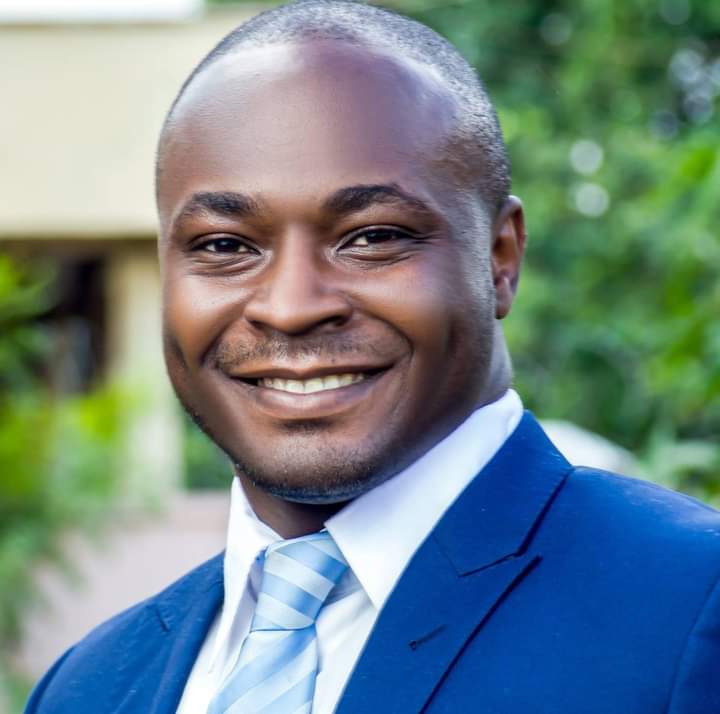Emmanuel Adinkra, President and Chief Information Security Officer (CISO) of the Ghana Internet Safety Foundation, recently participated in the Trust and Safety Research Conference at Stanford University. This event gathered professionals across various sectors to discuss critical topics surrounding digital safety and the myriad of challenges posed by online harms. Mr. Adinkra’s engaging presentation centered on the urgent need for cybersecurity strategies that are culturally relevant, particularly for African communities. He conveyed his perspective that many global cybersecurity solutions fail to fully address the unique socio-economic and cultural dynamics found in Africa, advocating instead for tailored approaches that consider regional contexts in combating cyber threats and protecting digital landscapes.
In his presentation, Mr. Adinkra placed a particular emphasis on the ongoing challenges Ghana faces regarding Child Sexual Abuse Material (CSAM) and Online Child Sexual Exploitation and Abuse (OCSEA). He illustrated the strategies Ghana has implemented in addressing these issues, notably how the country is striving to integrate global knowledge and actions that are informed by local realities. He noted the importance of community awareness initiatives and collaboration with law enforcement and policymakers as critical components of an effective response to these cybercrimes. By drawing attention to Ghana’s specific challenges and the importance of localized solutions, Mr. Adinkra underscored the complexity of safeguarding children in the digital age.
One key insight from Mr. Adinkra’s presentation was the power of culturally-aware cybersecurity. He articulated the necessity for cybersecurity strategies that resonate with local customs and community needs, particularly in African nations, where unique cultural contexts play a significant role in the effectiveness of such initiatives. He argued that enhancing digital literacy and fostering community engagement must be prioritized to effectively combat online risks like CSAM and OCSEA. By building strategies that align with the realities of everyday life in African communities, cybersecurity measures can become more impactful and sustainable.
Another vital theme in Mr. Adinkra’s speech was the importance of building multi-sector partnerships. Collaboration among various parties, including industry representatives, academics, and civil society, was highlighted as essential for advancing trust and safety initiatives. In the context of Ghana, such partnerships have been instrumental in shaping a collective response to online exploitation of children. Mr. Adinkra stressed that shared resources, knowledge, and strategies across sectors can lead to significant advancements in addressing cybersecurity challenges, showcasing his belief that a collaborative approach is more adept in tackling complex, multifaceted problems.
Furthermore, Mr. Adinkra emphasized the significance of learning from global best practices in the field of cybersecurity. He praised the conference’s spirit of cross-pollination of ideas, which underscores the essential role of global cooperation. By observing and adapting international best practices to fit local realities, Ghana’s cybersecurity measures can be strengthened. This exchange of knowledge and experiences not only benefits Ghana but also enriches the international cybersecurity landscape, contributing to a more comprehensive understanding of global cyber threats.
Mr. Adinkra’s participation at the Stanford event represents a pivotal moment for Africa’s increasing clout in the realm of global cybersecurity dialogue. His advocacy for regionally tailored solutions, alongside an emphasis on the necessity of international collaboration, showcase a proactive African stance on navigating the complexities of cybersecurity. By presenting the African experience within the global context, he highlights the continent’s commitment to addressing the pressing challenges of the digital age, ultimately fostering a more secure online environment for all, especially for vulnerable populations like children.


